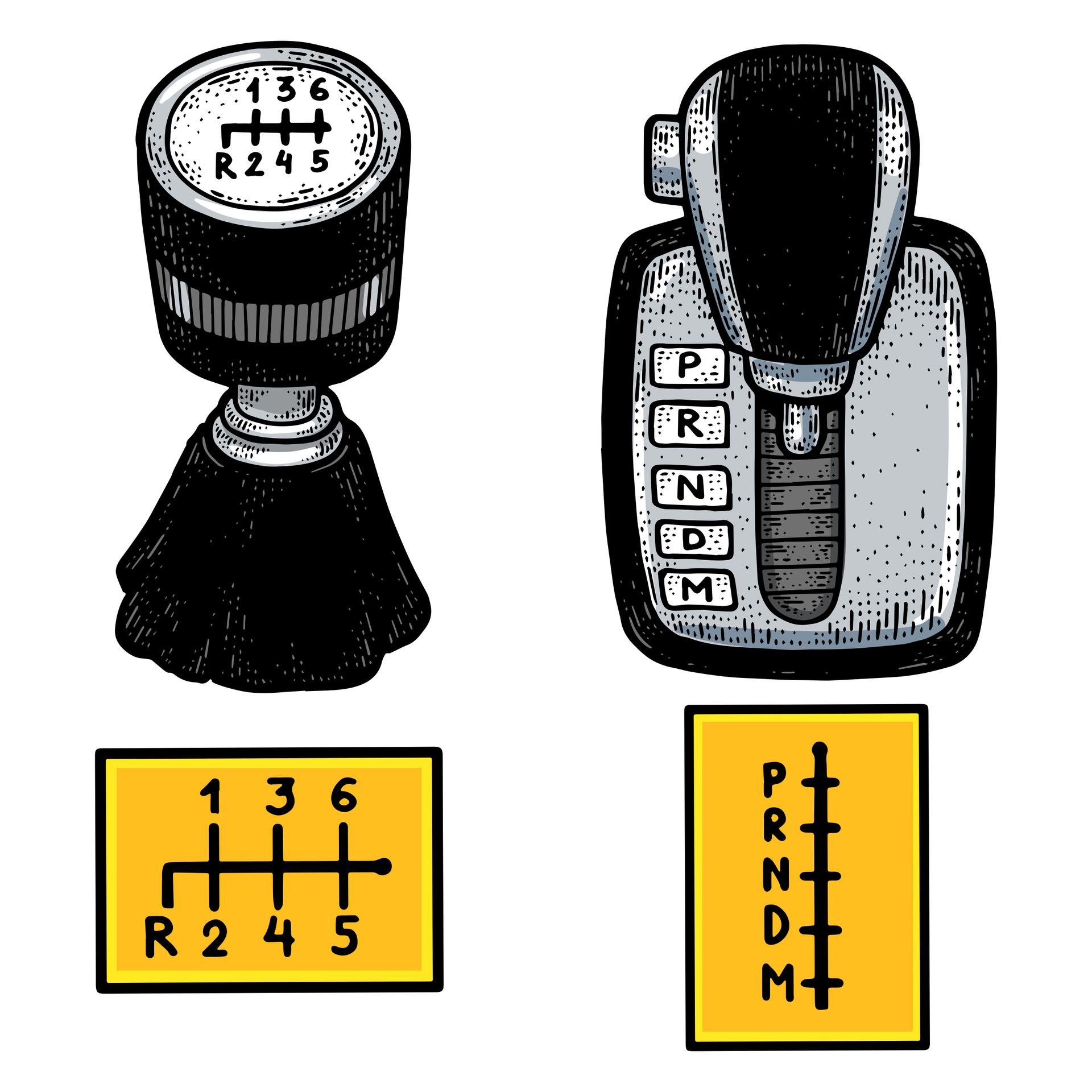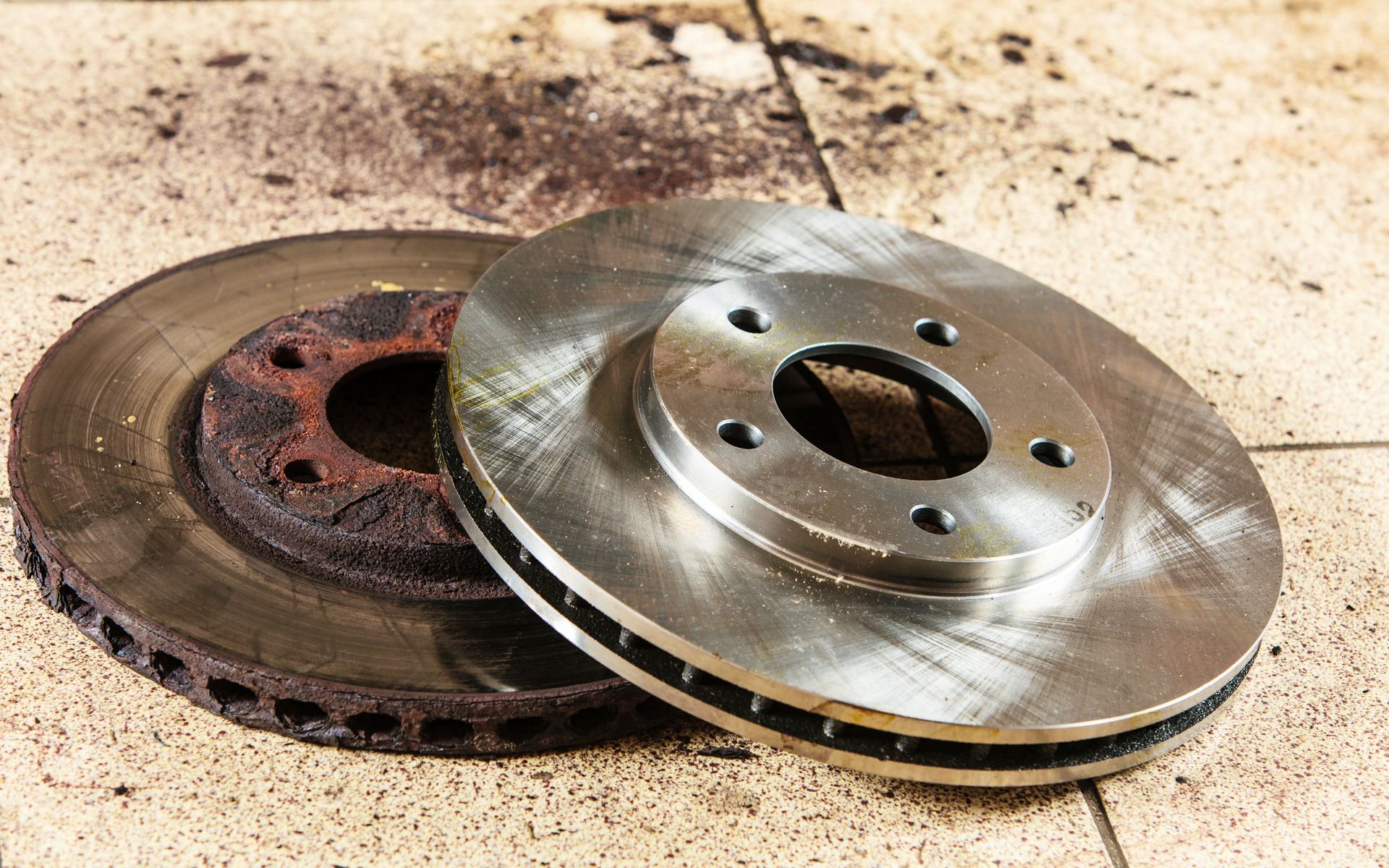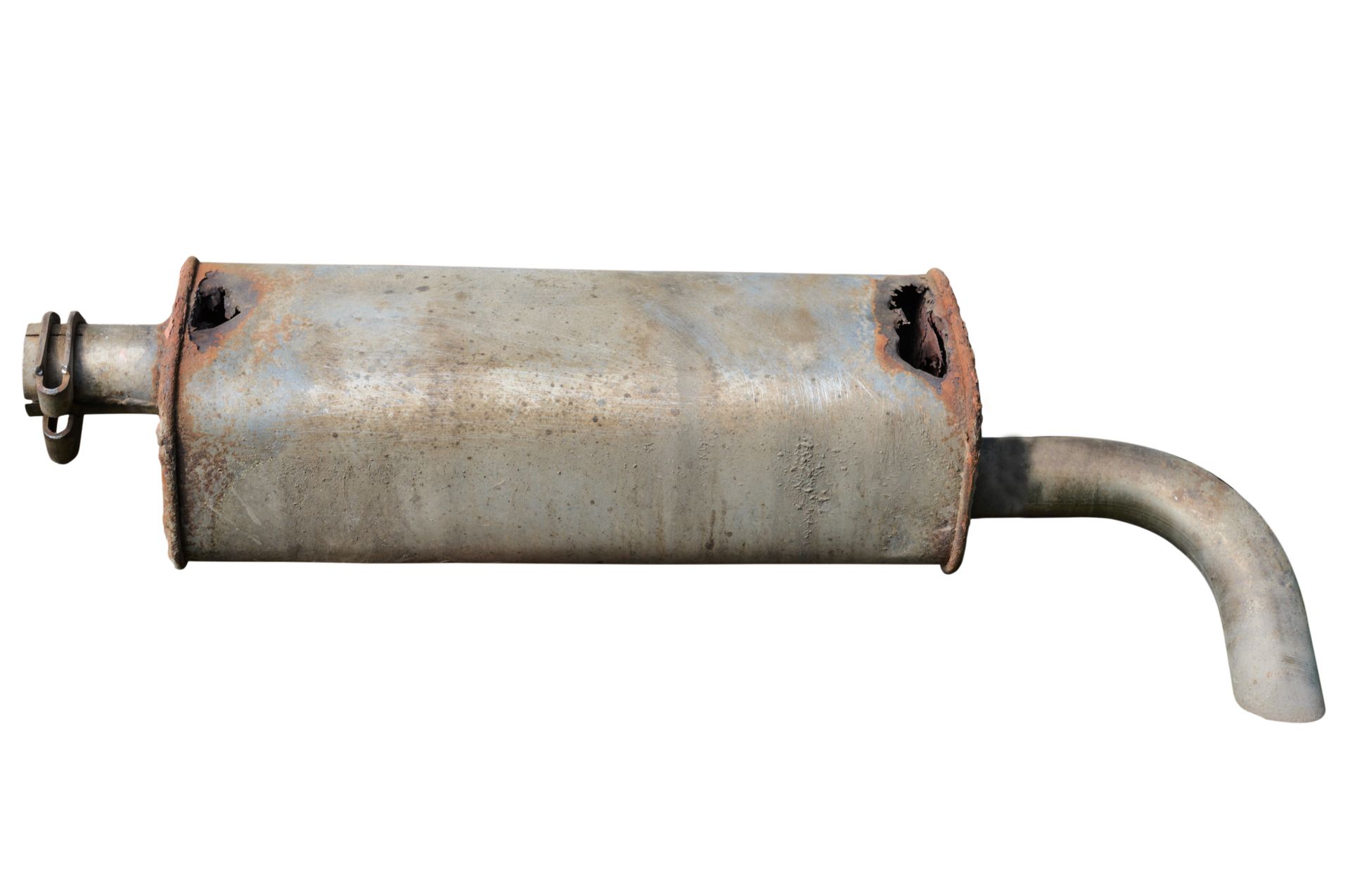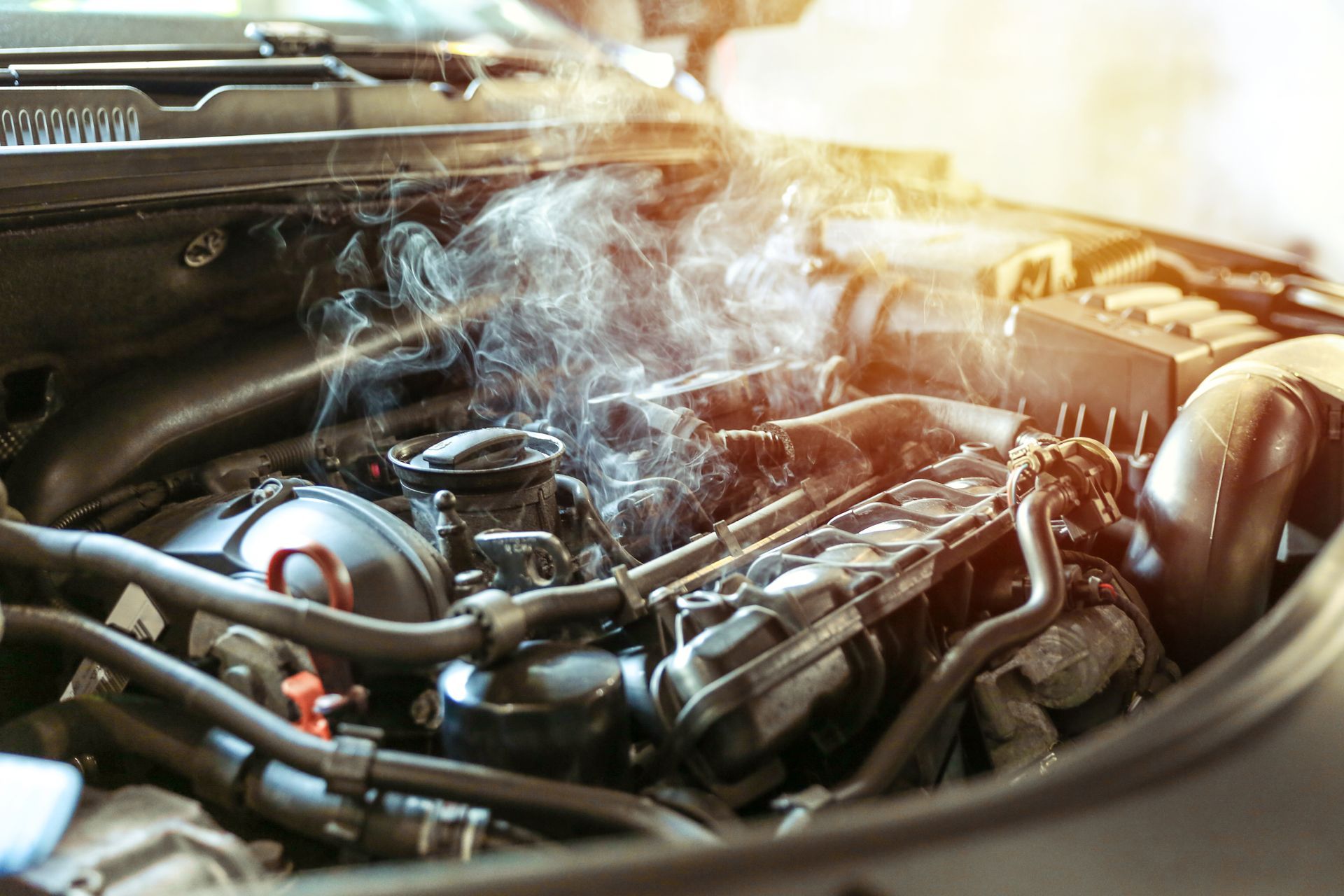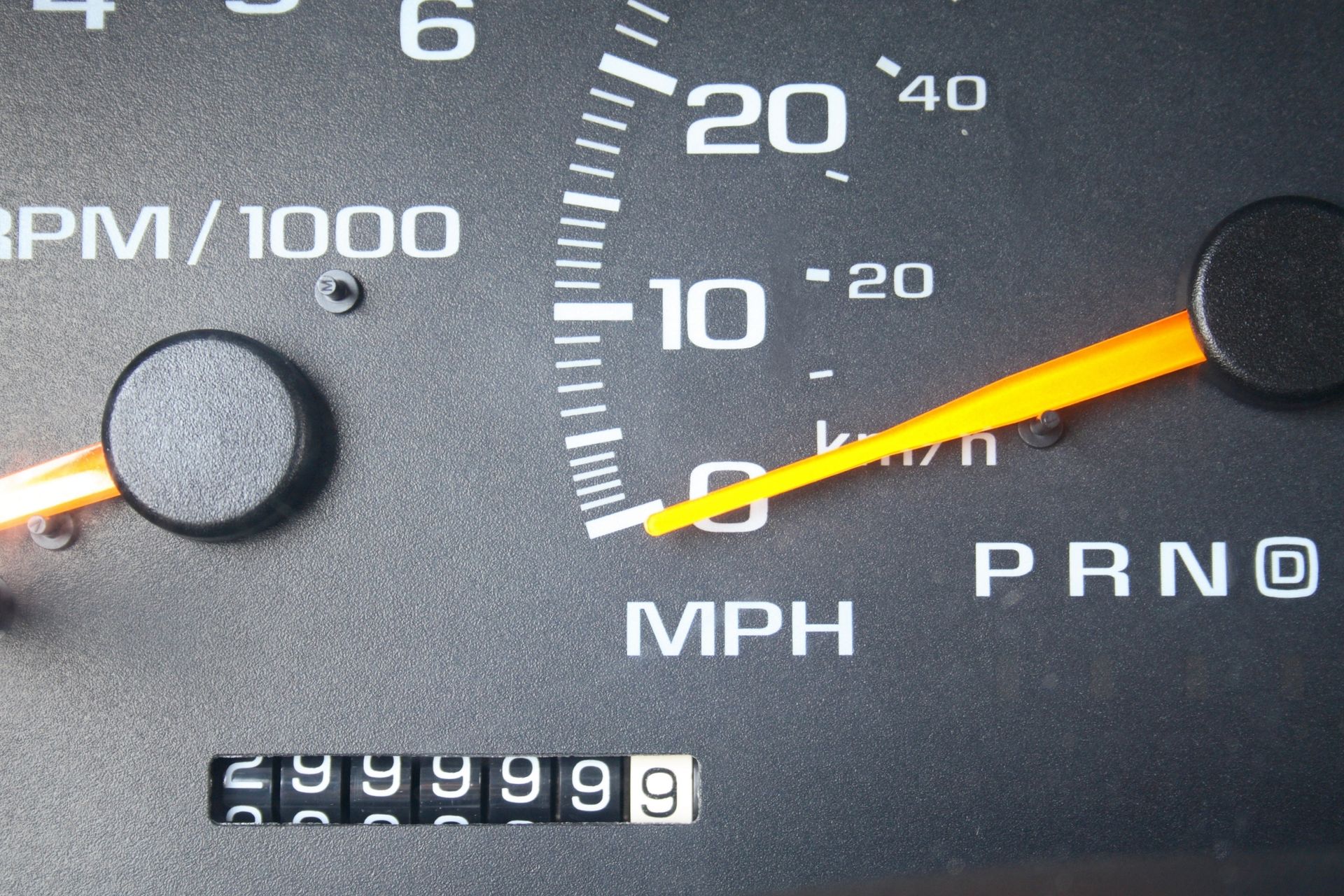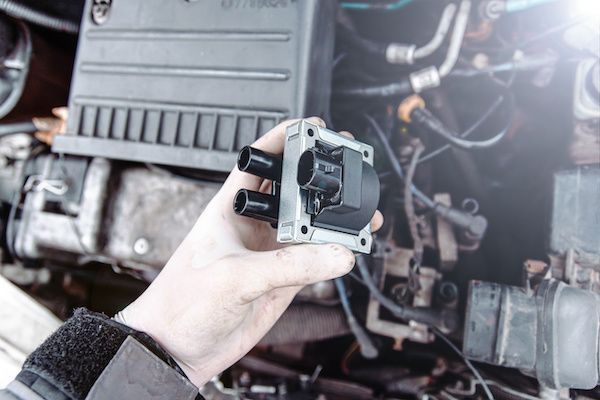
As a car owner, experiencing engine misfires can be frustrating and concerning. Engine misfires occur when one or more cylinders in your engine fail to ignite the fuel-air mixture at the right time. This can result in a range of issues, from poor performance to decreased fuel efficiency. In this article, we will delve into the causes of engine misfires, helping you understand the underlying problems and potential solutions.
1. IGNITION SYSTEM ISSUES
The ignition system plays a crucial role in the combustion process. If any component of the ignition system malfunctions, it can lead to engine misfires. Common culprits include faulty spark plugs, damaged ignition coils, or worn-out ignition wires. These issues prevent the spark plugs from generating a strong spark, causing misfires in the engine.
2. FUEL SYSTEM PROBLEMS
A healthy fuel system is vital for proper combustion. When the fuel system fails to deliver an adequate amount of fuel to the cylinders, misfires can occur. Clogged or dirty fuel injectors, a malfunctioning fuel pump, or a restricted fuel filter can disrupt the fuel flow, resulting in incomplete combustion and misfires.
3. AIR INDUCTION SYSTEM
The air induction system supplies the engine with the necessary air for combustion. If this system is compromised, misfires can happen. A clogged air filter restricts airflow, causing an imbalance in the fuel-air mixture. Additionally, vacuum leaks or a malfunctioning mass airflow sensor can disrupt the air-fuel ratio, leading to misfires.
4. MECHANICAL ISSUES
Engine misfires can also stem from mechanical problems within the engine itself. Worn-out piston rings, damaged valves, or a leaking head gasket can affect the compression within the cylinders. Insufficient compression disrupts the combustion process, resulting in misfires.
5. SENSOR MALFUNCTIONS
Modern vehicles rely on various sensors to monitor engine performance. If any of these sensors malfunction or provide incorrect readings, it can lead to engine misfires. For instance, a faulty oxygen sensor may cause an imbalance in the fuel-air mixture, resulting in misfires.
Engine misfires can be caused by a variety of factors, including ignition system issues, fuel system problems, air induction system faults, mechanical issues, and sensor malfunctions. Understanding the underlying causes is crucial for prompt diagnosis and repair. If you are experiencing engine misfires, it is recommended to consult a professional auto repair shop. Skilled technicians can identify the specific issue and provide the necessary repairs, ensuring your engine runs smoothly and efficiently.
For top-notch engine repair, bring your vehicle to Grahams Auto & Truck Clinic and get back on the road!


